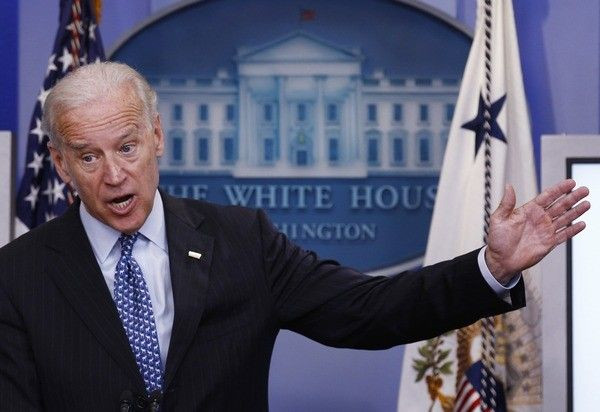Obama administration releases tool kit for states to “race to the top” in college graduation

In a step forward towards the Obama administration's commitment of increasing college completion rates in the United States, vice president Joe Biden announced several initiatives at the first Building a Grad Nation Summit in Washington D.C. on March 22. This included a new grant competition focused on helping institutions of higher education boost completion rates, and the release of a college completion tool kit for states and Governors to draw ideas from. Biden also called upon each governor to host a state college completion summit.
These are in continuation of a chain of initiatives taken in the recent past towards increasing the number of college graduates in the nation, in line with President Barack Obama's goal of getting the United States to lead the world in proportion of college graduates by 2020. To meet that goal, the United States must produce at least 8 million additional graduates by the end of the decade. The administration will now release a calculation of each state's share of the proposed target.
Speaking at the Summit, the Vice President said, Right now we've got an education system that works like a funnel when we need it to work like a pipeline...We have to make the same commitment to getting folks across the graduation stage that we did to getting them into the registrar's office.
The new tool kit released contains recommendations of seven no-cost or low-cost strategies that governors can use, 15 related action steps, and a series of existing federal resource streams that Governors can draw from to fund their actions. Some of the strategies include aligning high school exit and college placement standards, linking state funding to college success in boosting completion rates, making inter-college credit transfers easier, and re-engaging adults with some college experience but no degree.
States may now also apply for the 2011 Comprehensive Grant Program, which is part of the Fund for the Improvement of Postsecondary Education (FIPSE). The program will provide a total of $20 million to colleges to implement plans that improve productivity and increase success in postsecondary schools. This is in addition to the $50-million College Completion Incentive Grants and the $123 million in competitive funds for programs that can accelerate learning, boost completion and hold down tuition through innovative best practices.
Just as the federal investment in statewide school reforms through the $4.35 billion Race to the Top Fund is expected to improve the quality of K-12 education, the above investments have been launched with the aim of pushing the country forward in the list of nations in terms of college graduates, in which America lags at a disappointing ninth place at present. Higher graduation rates have been emphasized time and again as a necessary condition for a better economy and future.
© Copyright IBTimes 2025. All rights reserved.





















